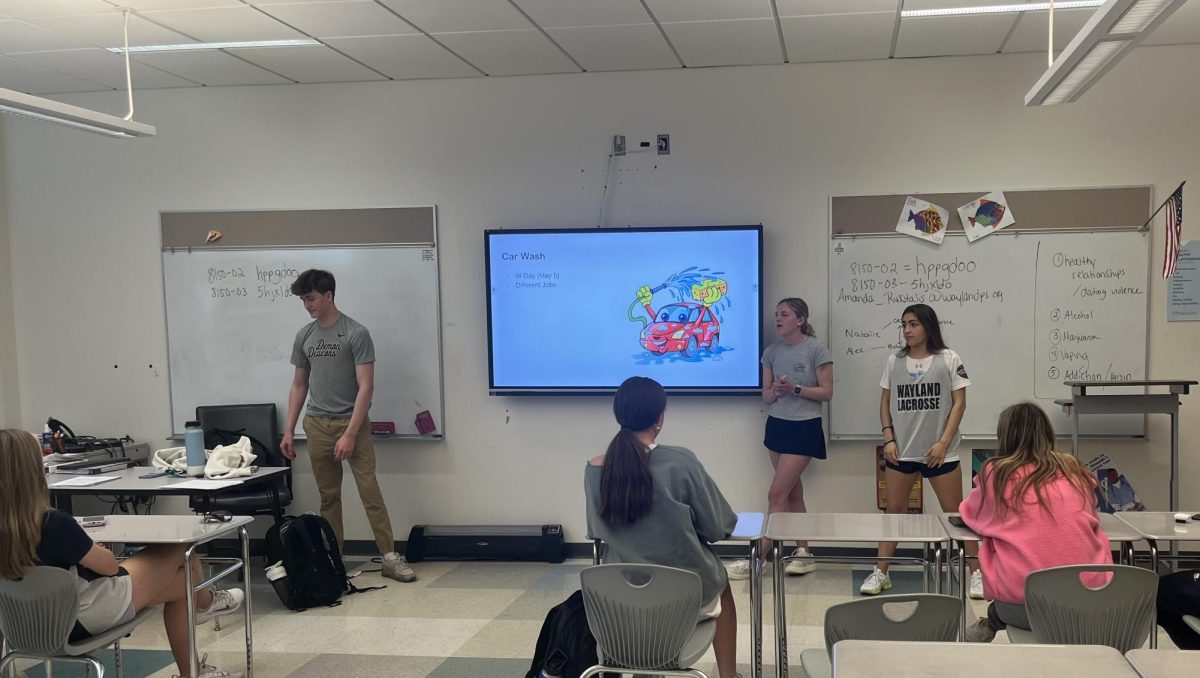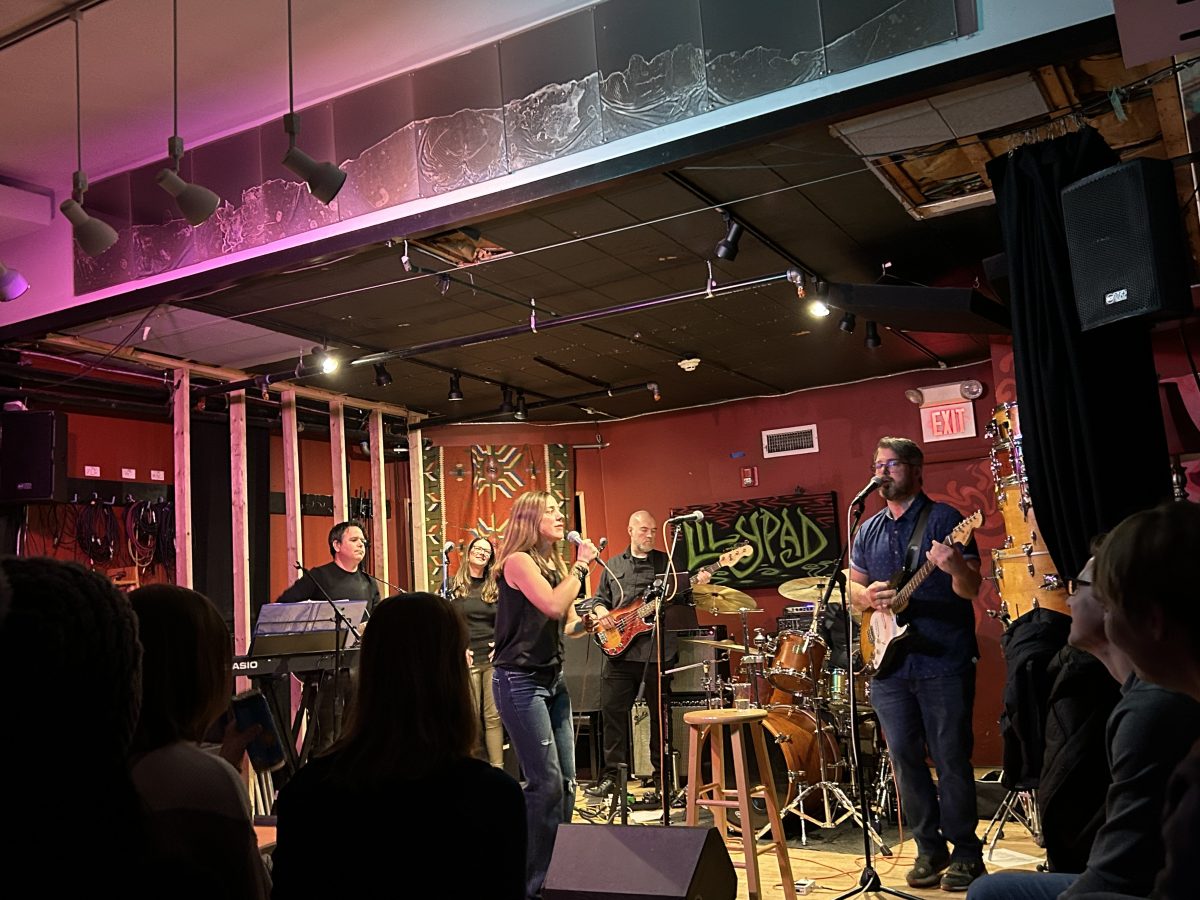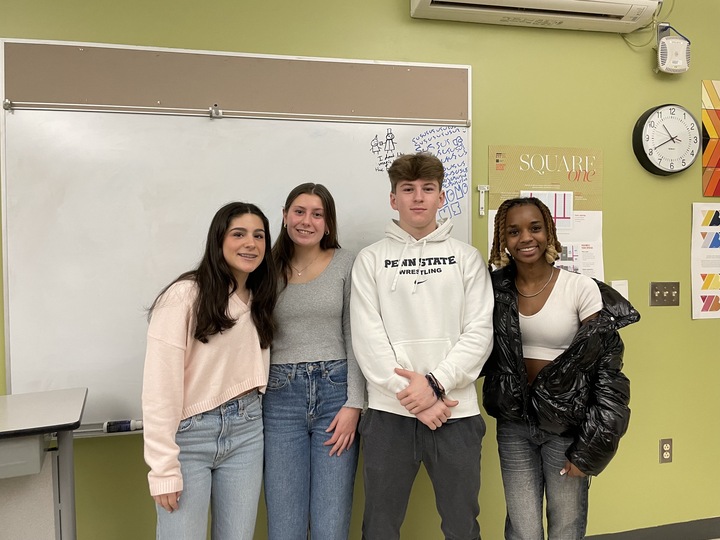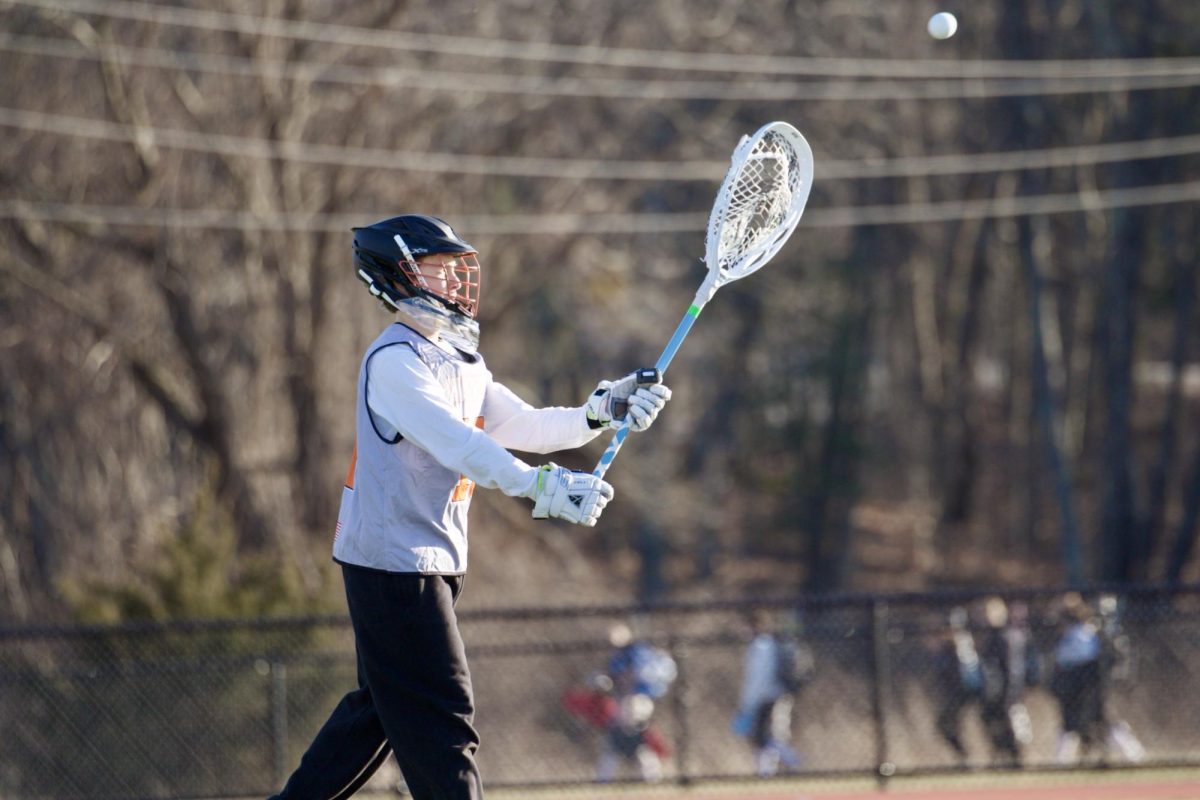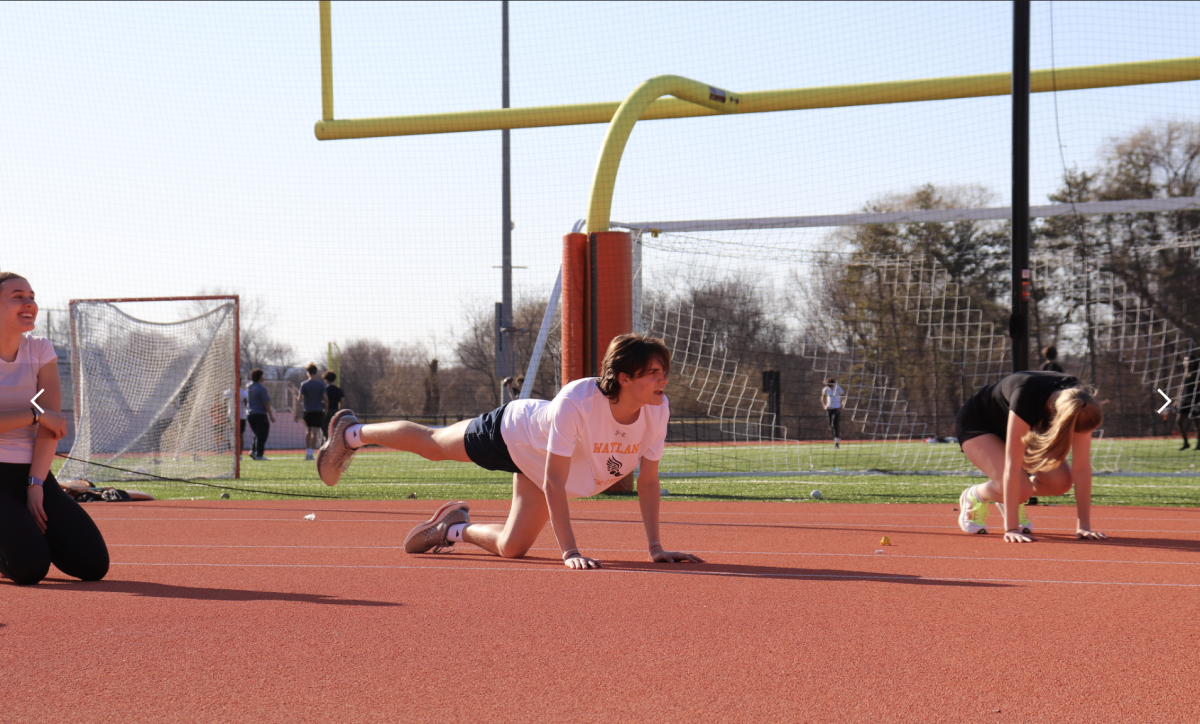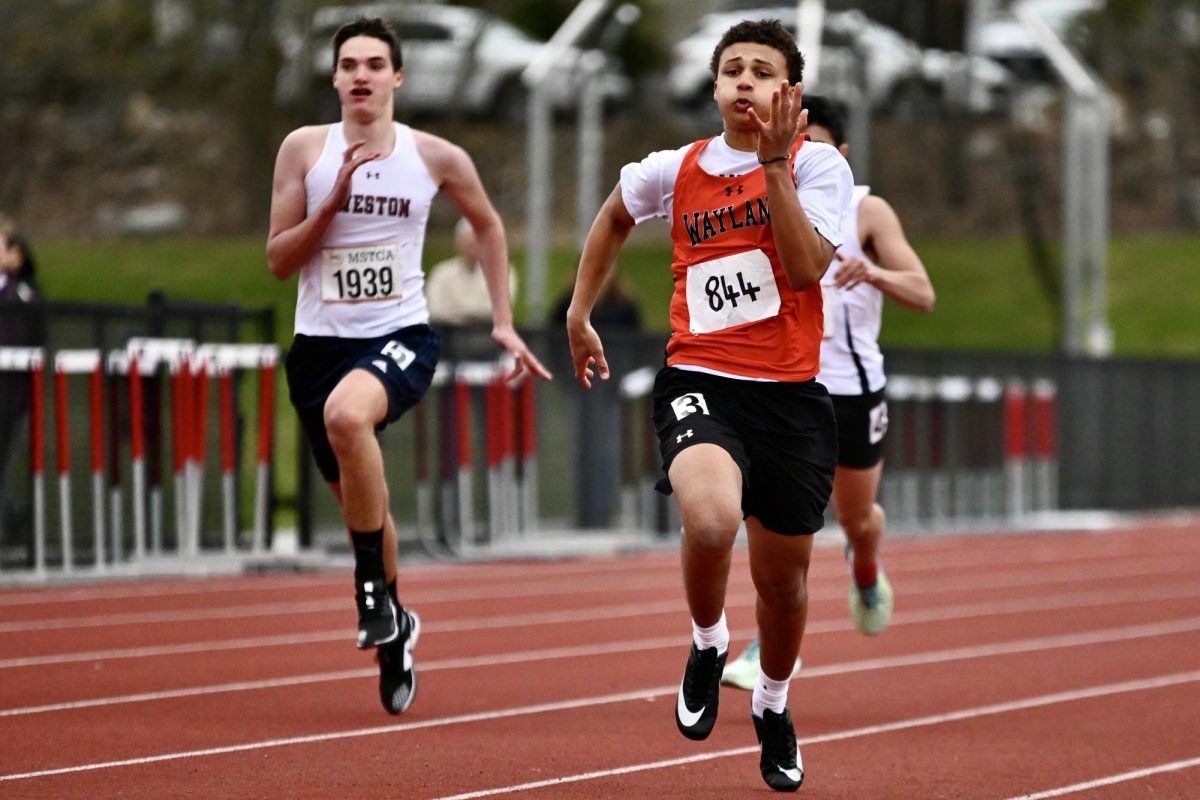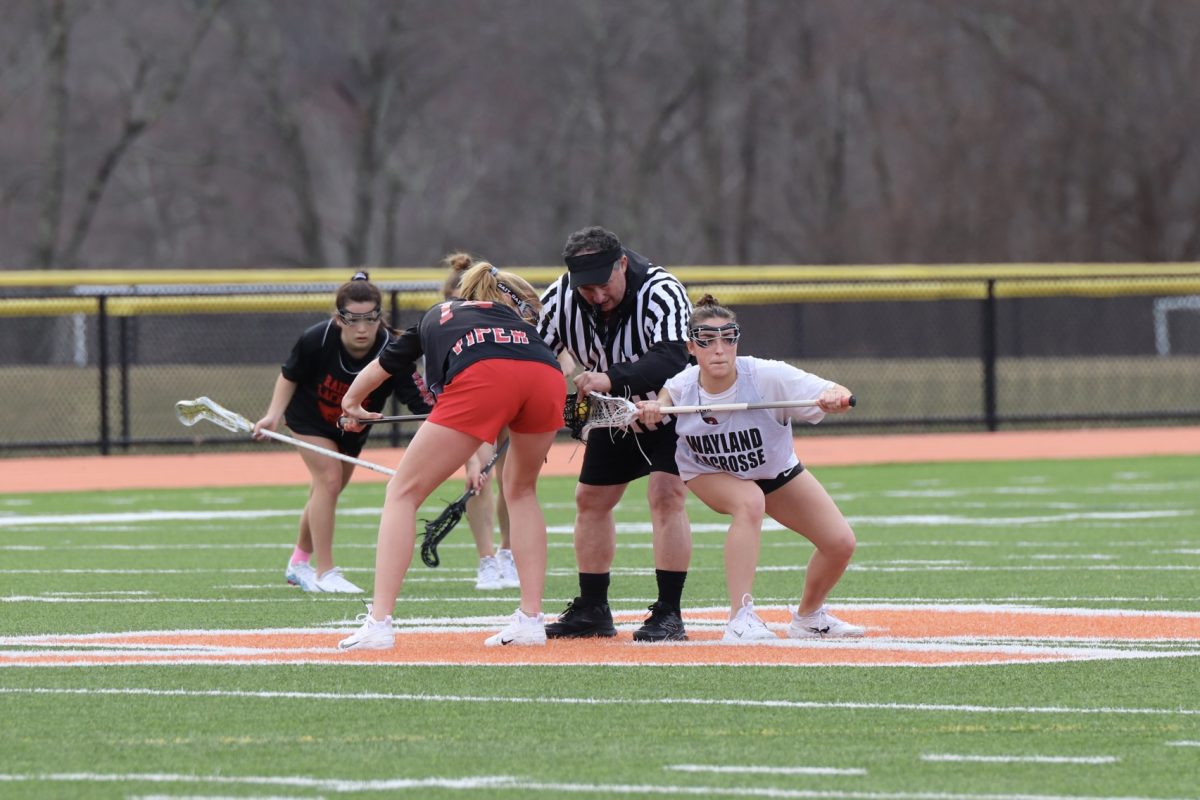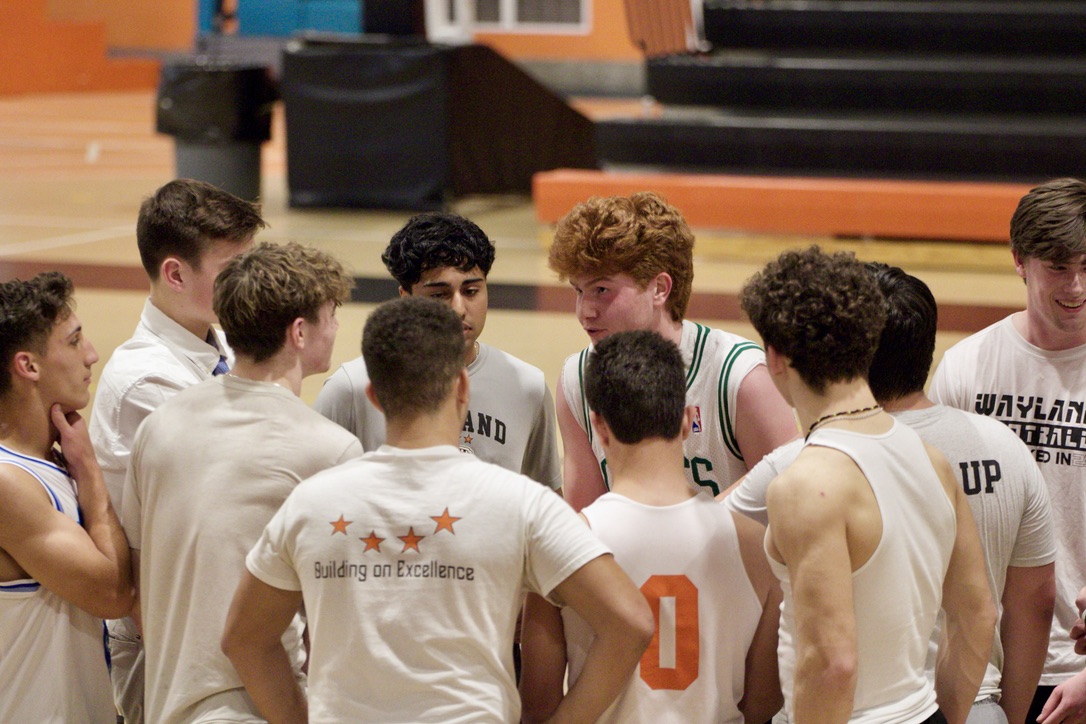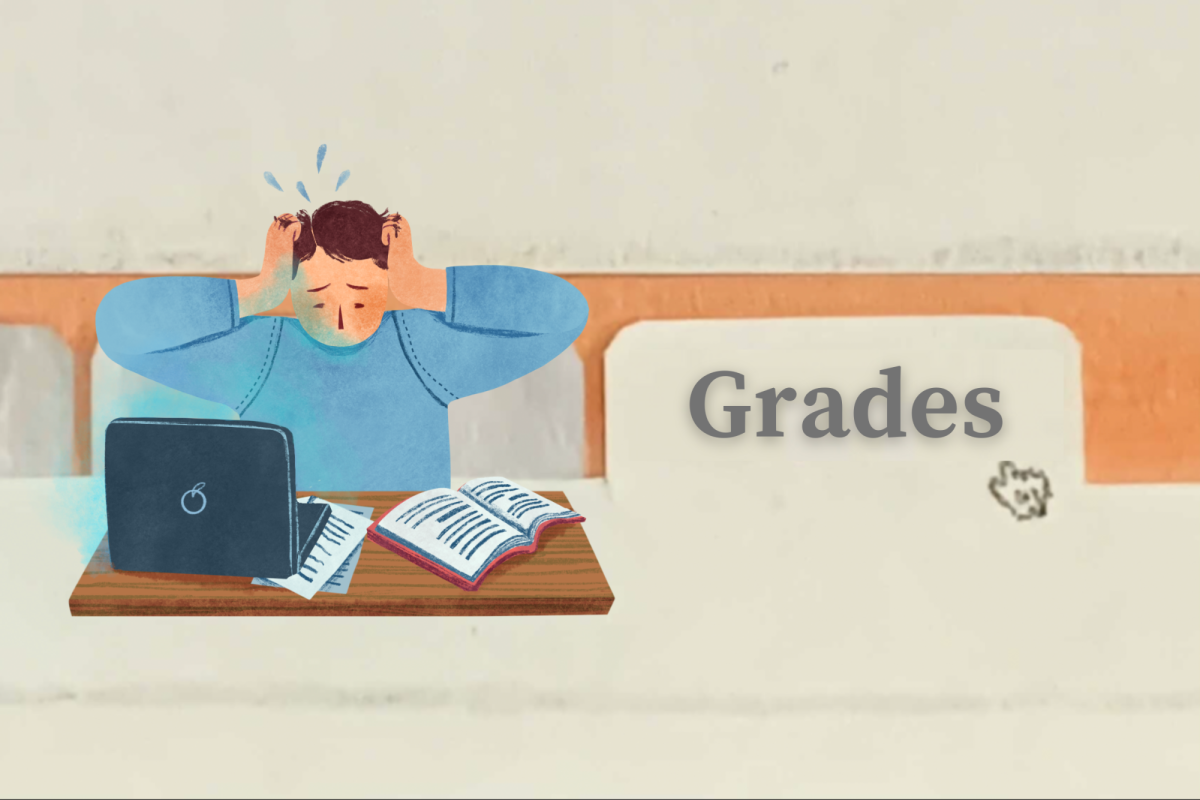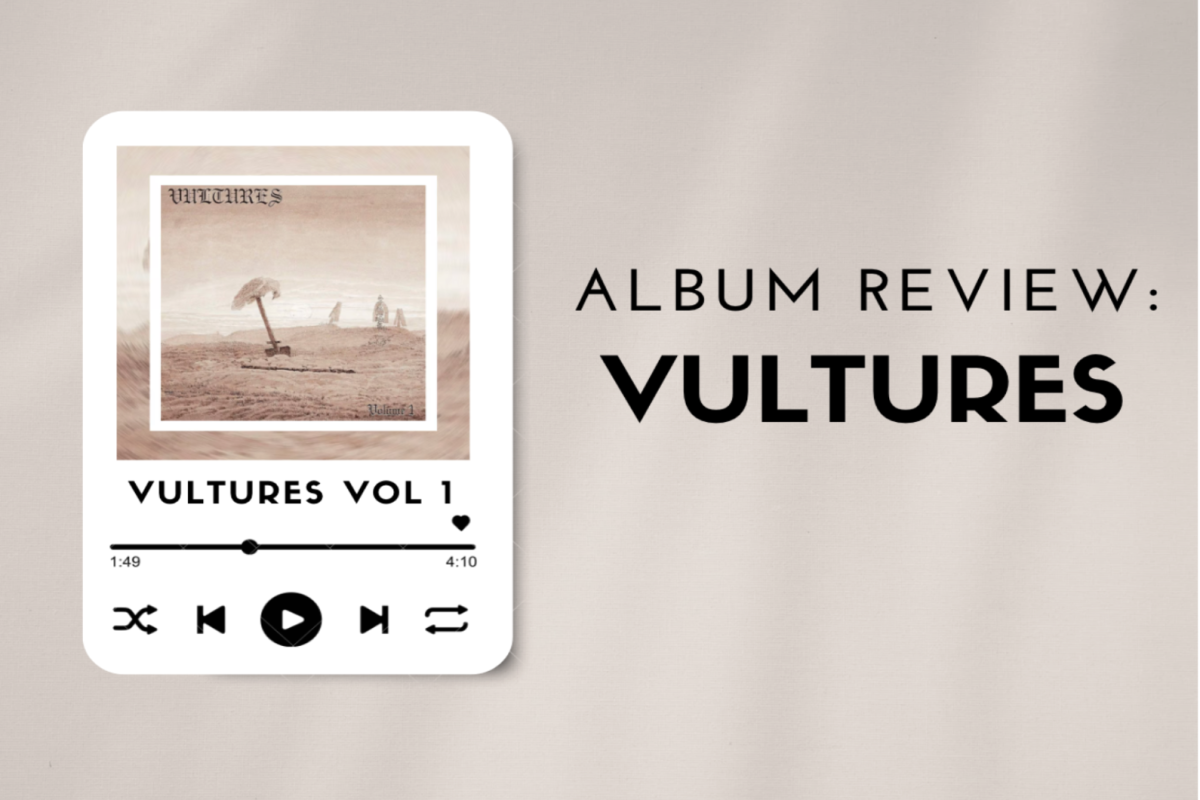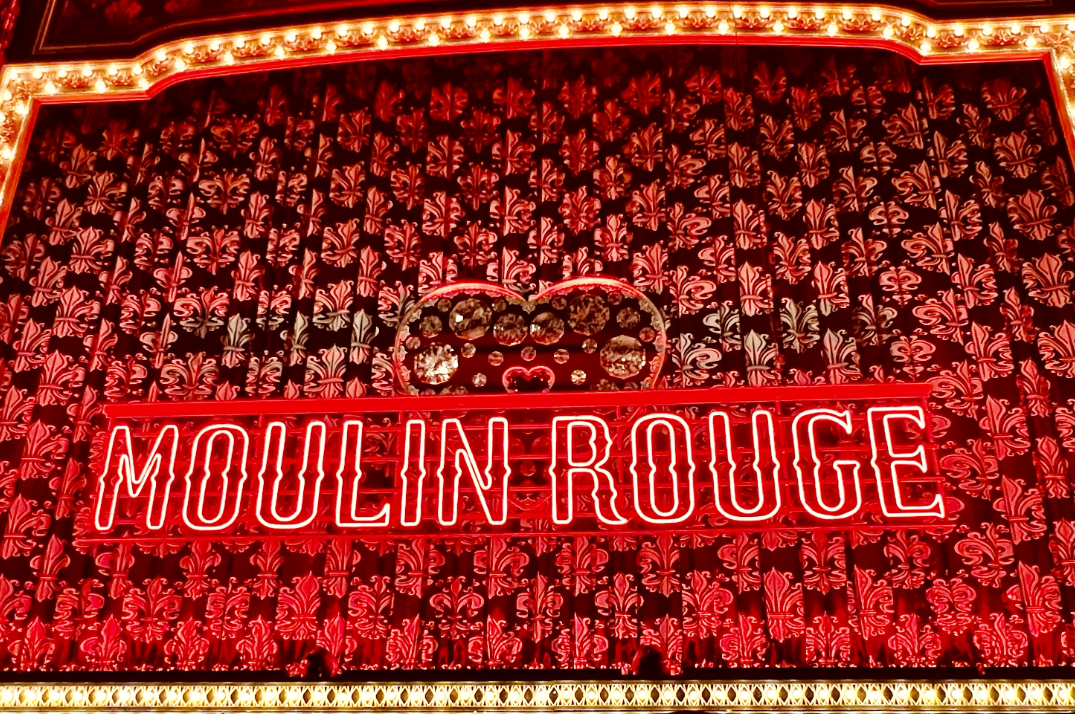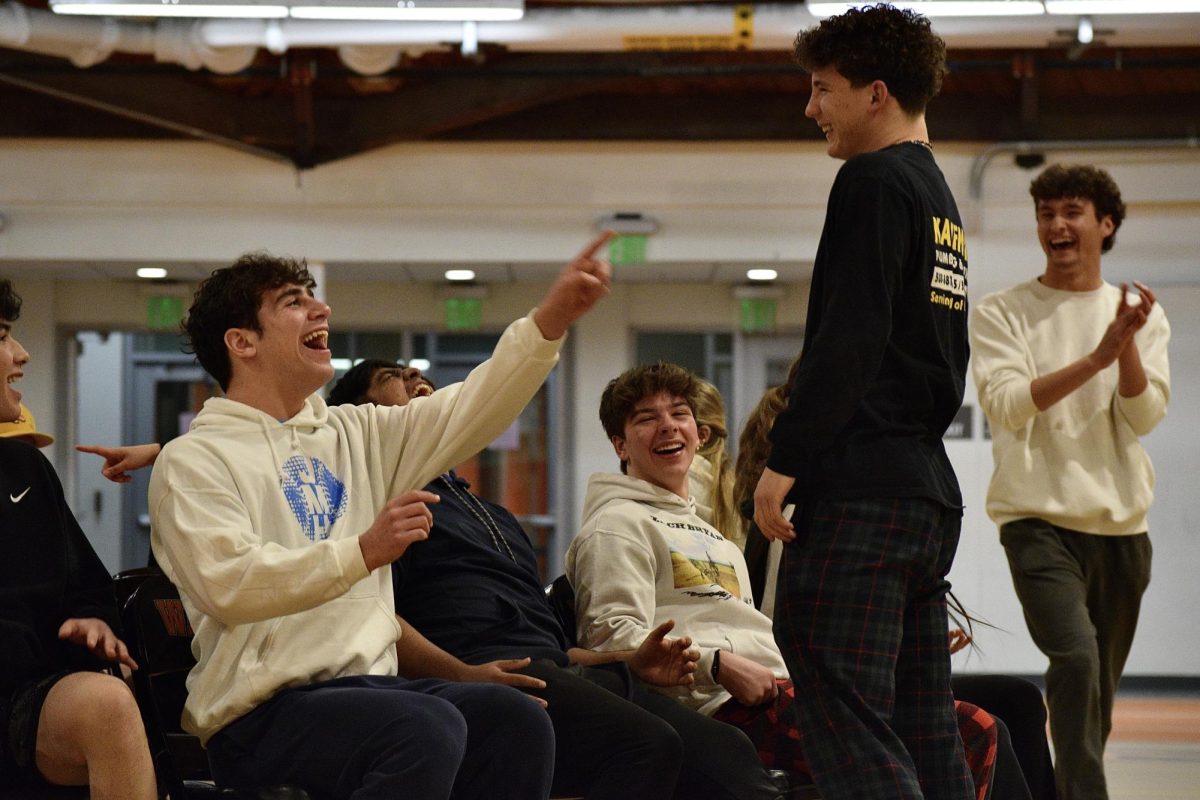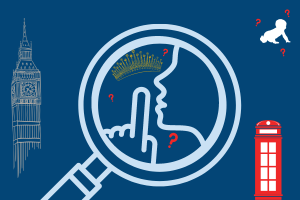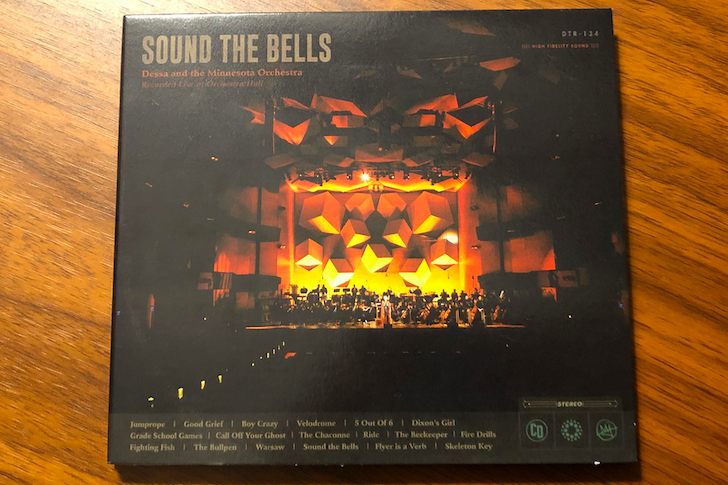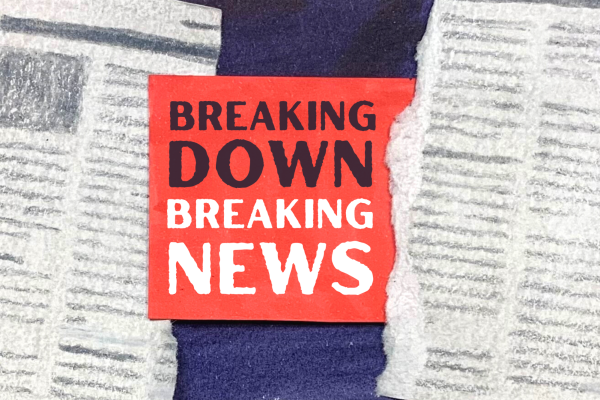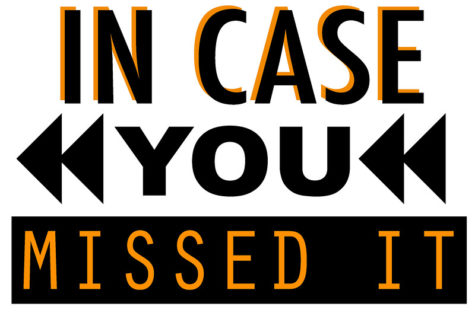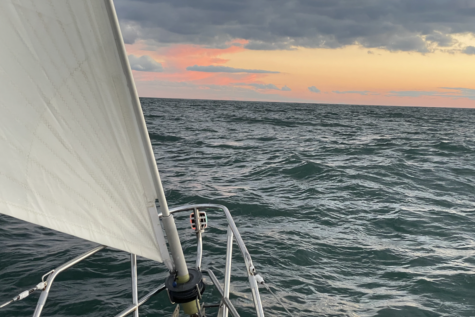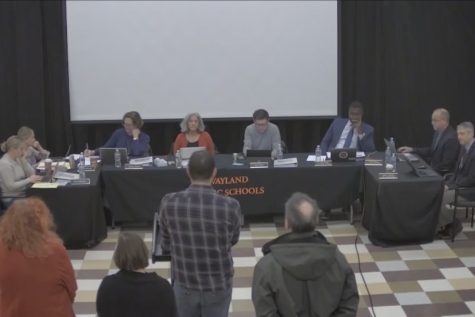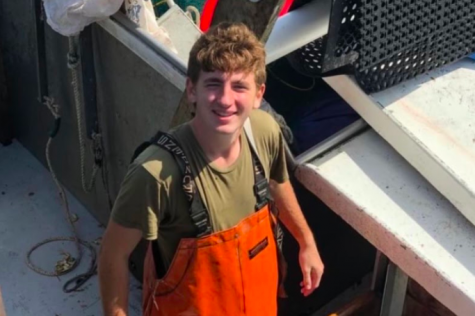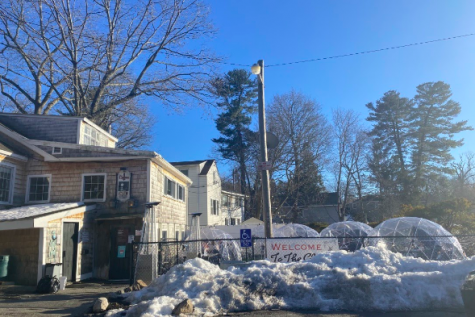Album Review: ‘Sound the Bells’ by Dessa
Credit: Brendan
A CD of Dessa’s “Sound the Bells,” recorded live in Orchestra Hall in Minneapolis, Minnesota. Guest Writer Brendan Ho offers his take on the album.
November 24, 2019
What can’t Dessa do? Born and raised in Minneapolis, she graduated from the University of Minnesota with a degree in philosophy and went on to become a rapper in the underground hip-hop/pop/rock/punk group Doomtree. Last year, she dropped her latest studio record, titled “Chime,” which explored free will through the lens of the end of a relationship, feminism and a whirlwind career. Then, she dropped a collection of essays on her career titled “My Own Devices” – really thought-provoking stuff. Finally, in late March 2019, she put on two live shows with the Minnesota Orchestra, a Grammy-winning ensemble that was the first professional U.S. orchestra to visit South Africa. The result of the two live shows is a live album with songs spanning her career and with the power of a full orchestra behind her.
It only took me a few listens to realize that Sound the Bells is a triumphant opus from an artist that has accomplished so much but has boundless potential going forward. The biggest strength of this album comes in the orchestral arrangements courtesy of Andy Thompson, known for his work for Taylor Swift. Countless moments shine: the dizzying flurry of winds and strings on the opening of “Boy Crazy,” the glorious violin solos on “Dixon’s Girl” and especially “The Chaconne” and the delicate bells on, well, “Sound the Bells.” The arrangements ensure that Dessa and her backup vocalists (Wolf, DuBose, Kinghorn and Santos) never feel alone or thin, but also that they are never covered up. Every musician knows that the most important task of the orchestra is to never overshadow the soloist, and here, Dessa shines.
In addition, the words here cut as deeply as when they appeared on their respective records. What needs to be praised here is the sequencing. Dessa opens up the album with “Jumprope,” in which she compares the childhood game of jumping rope to adulthood’s obligations and anxieties that make it seem like a constant fleeing of a rope that is out to get you. This theme of helplessness continues with “Velodrome,” a track exploring the idea of free will, asserting that despite how “we spend our days and nights deciding where to go and how to ride there,” in the end, “we all turn left” just like in a Velodrome, a track for professional cyclists. Later on, the arc transitions to more purposeful and triumphant songs. In “Fighting Fish,” she asserts that “women, children let me tell you I’ve been both/And it’s a myth we all swim for the lifeboats.” For the end of the album, she ends with “Skeleton Key,” a song celebrating her artistic talents that open doors wherever she may go. On the hook, she sings, “Don’t waste your worry on me/I always find what I need/Come and go as I please/I got my skeleton key.”
Although the playtime for this record is over an hour, it feels like an all-too-quick journey of wonder and introspection magnified on the stage of Orchestra Hall. It’s something special.
Rating: 9/10
Opinion articles written by staff members represent their personal views. The opinions expressed do not necessarily represent WSPN as a publication.

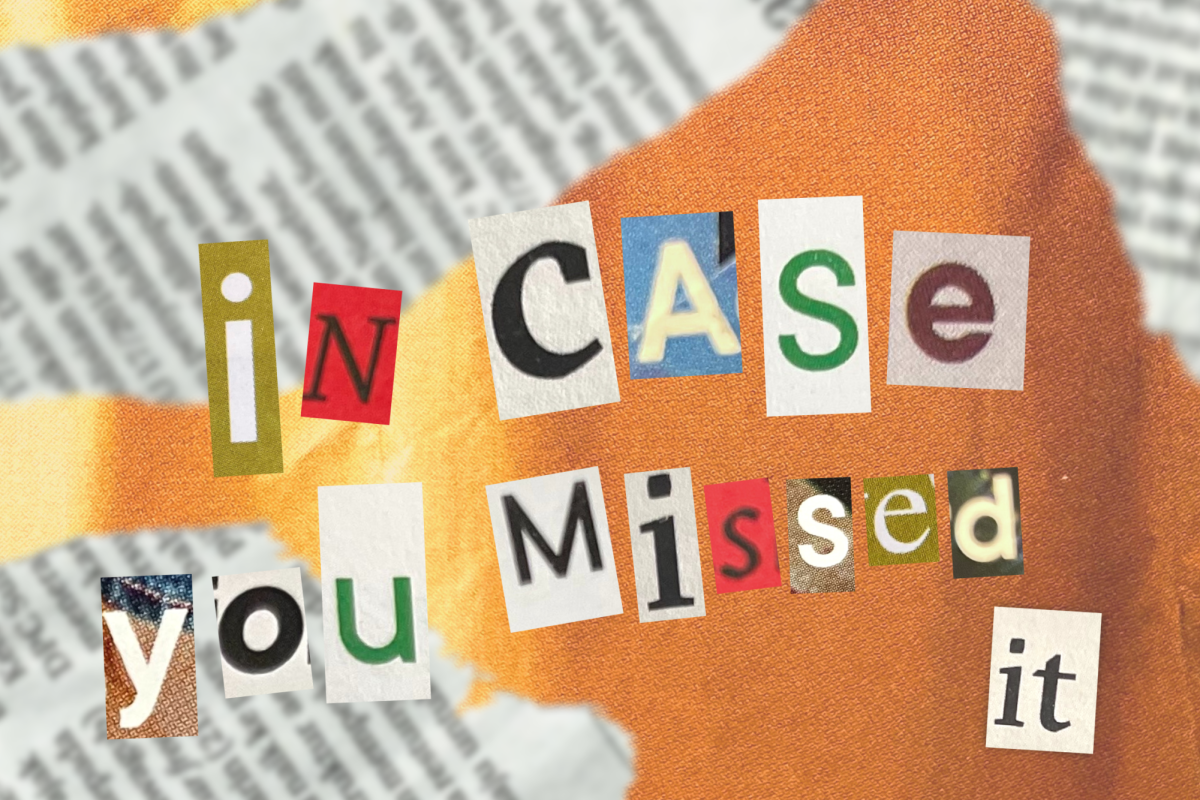

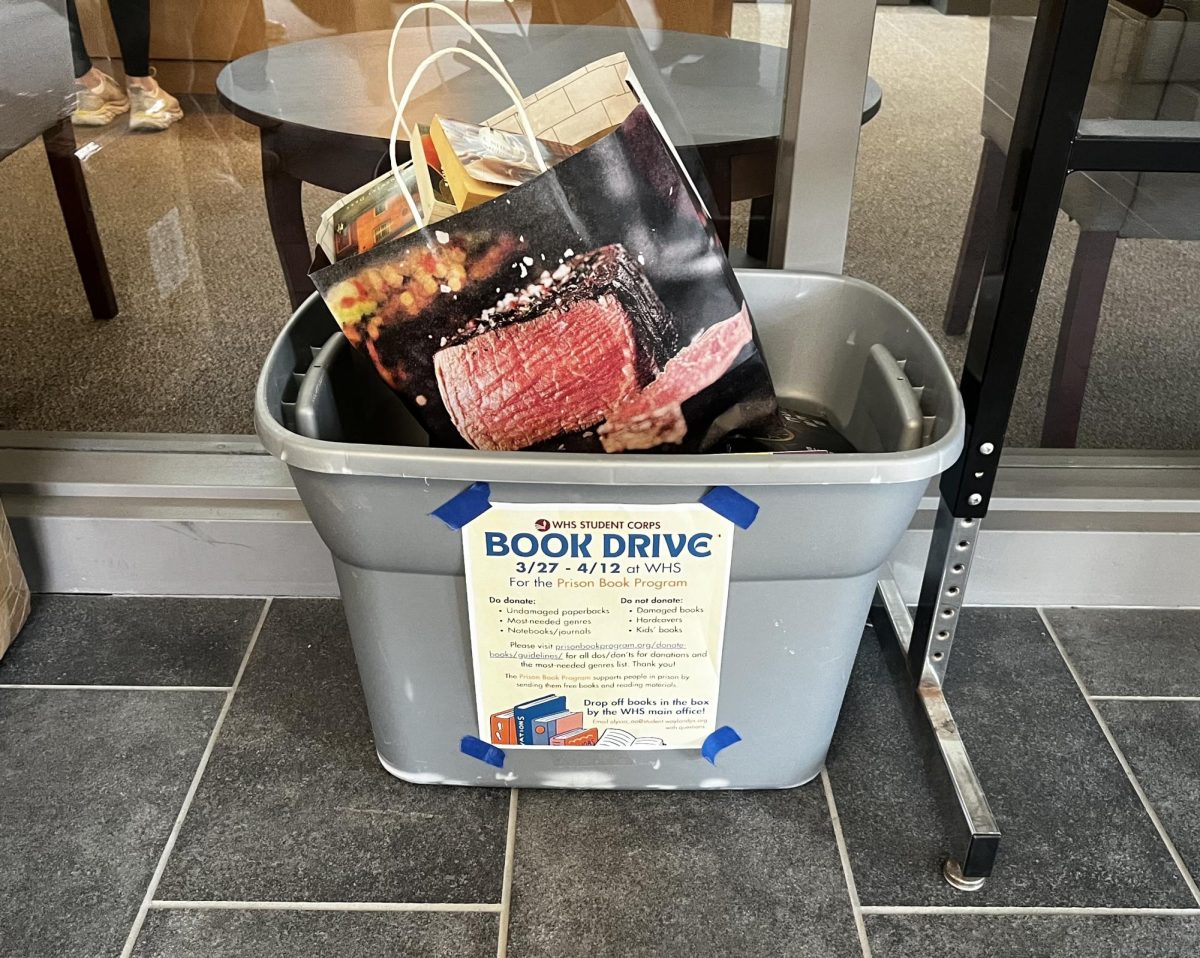

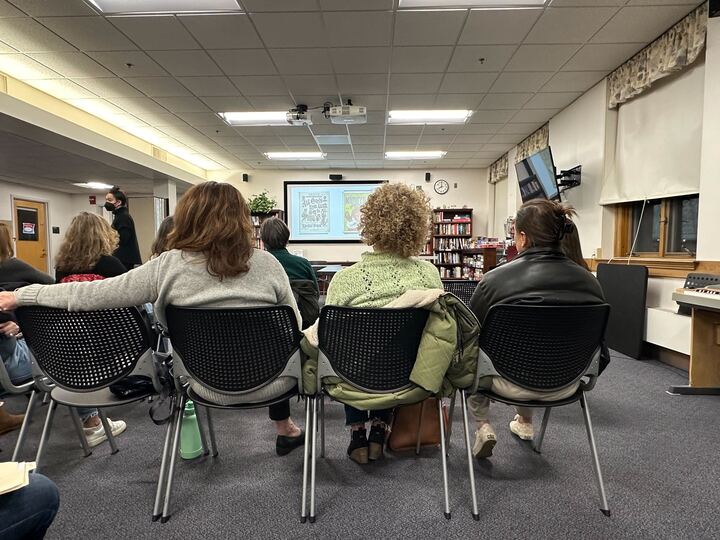





![WSPN’s Annika Martins and Maddie Zajac explore the athletic life of senior Annabelle Zhang through her badminton career. “This [photo] is me and my former partner after we won the 2022 junior nationals mixed doubles category,” Zhang said.](https://waylandstudentpress.com/wp-content/uploads/2024/04/IMG_6629-1200x900.jpg)
